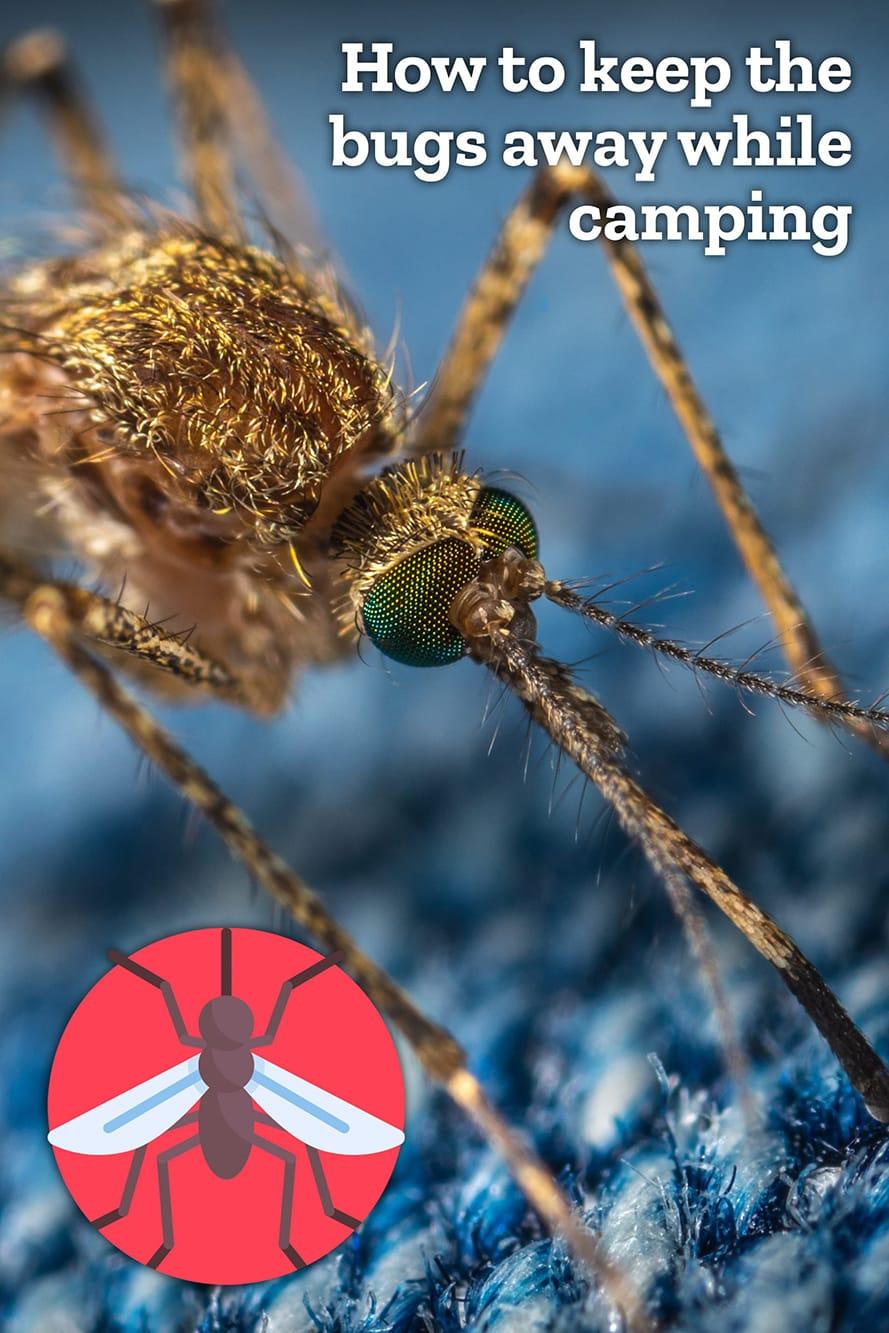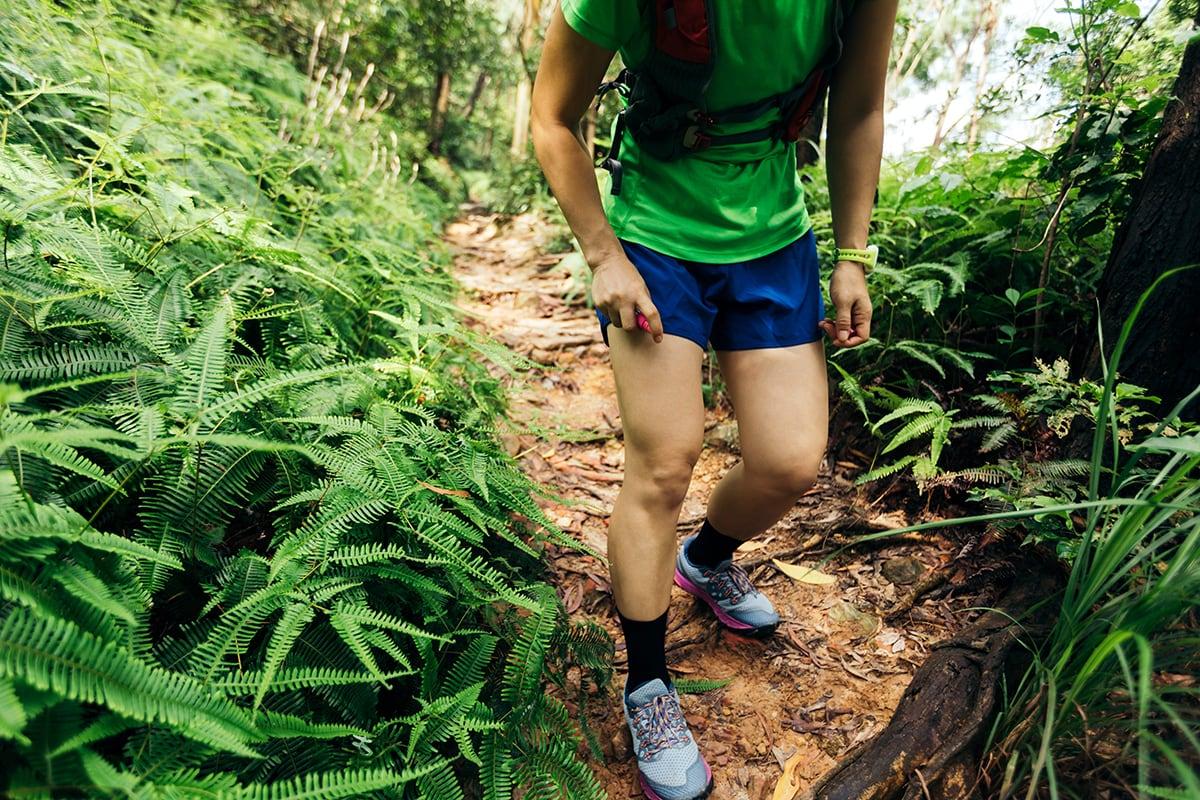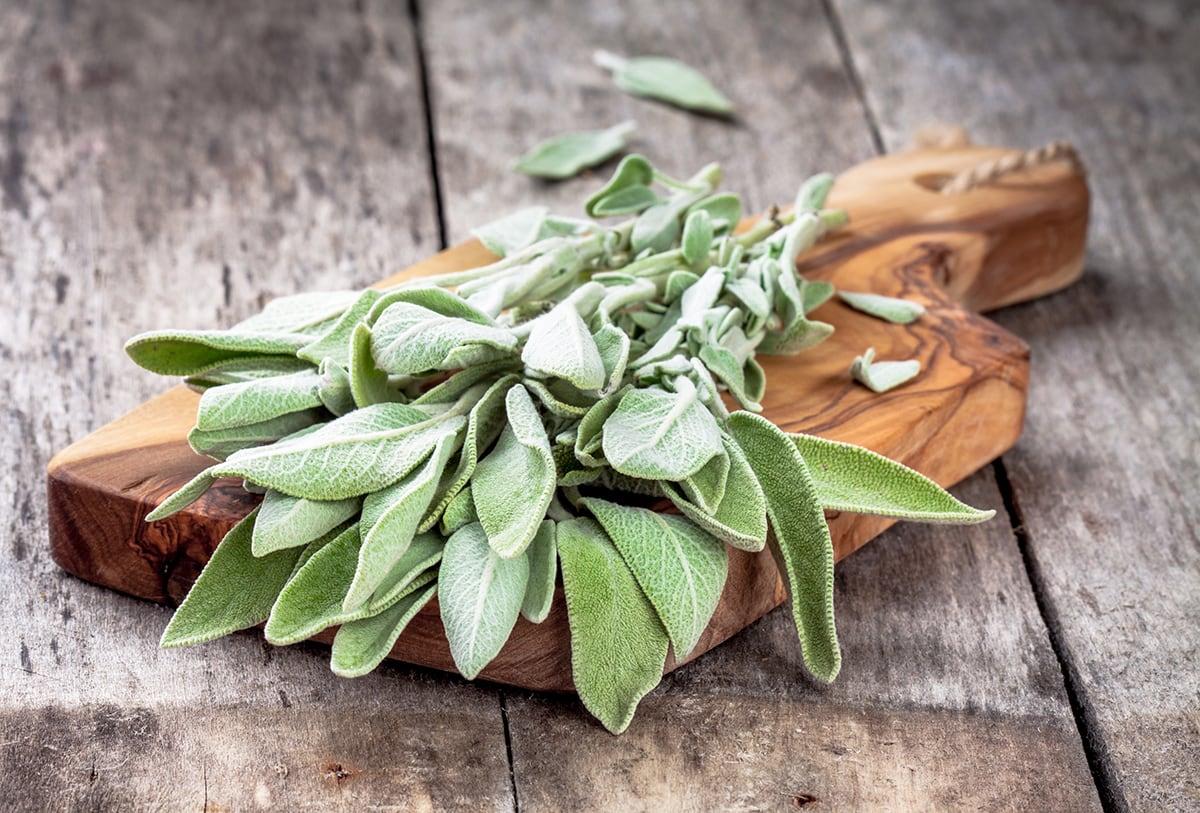As the snow melts and the weather gets warmer, campers everywhere come out to play. Unfortunately, so do the mosquitoes — especially during the evening and even more so in the woods. Campers should seek preventative measures to protect their skin from irritating bites and stings.
This guide to keeping the bugs at bay during warm summer nights will explain the many ways to keep mosquitoes where they belong (away from the campsite). So singing by the fire can be enjoyed itch free — without breaking the bank.

Bug Spray / Insect Repellent

The first and most obvious tip is to ensure that bug spray is packed, and in an accessible location to ensure quick and easy access when needed most. However, it is important to choose a spray that is 10% DEET (N,N-Diethyl-3-methylbenzamide) or less if camping with children. Newer insect repellent formulations use picaridin (icaridin) that are safer for kids, and just as effective as DEET without the drawbacks (as long as the repellent has at least a 20% picaridin concentration). Alternatively, campers can opt to make their own DEET-free spray using vanilla.
Herbs

A great and natural method to repel insects and bugs is to simply throw some herbs in the campfire. Sage works as a natural bug repellent, but mosquitoes are especially repulsed by rosemary, lavender, mint, and citronella (you can buy citronella logs and candles at Canadian Tire but tossing some into the fire works just as well). These herbs give off a pleasantly aromatic scent for humans, but the bugs cannot stand it. A true win-win for camping in the Canadian summer.
Foods
The simplest (and probably the most enjoyable) way to keep mosquitoes from biting is to eat foods high in 3-octanol, thiamine and/or nootkatone. 3-octanol is found in bananas, grapes, and strawberries; thiamine is found in tomatoes, beans, and lentils; and nootkatone can be found in citrus fruits (particularly grapefruit). Eat plenty of these foods before and during your trip to repel mosquitoes and other insects.
Additionally, try consuming apple cider vinegar daily before a camping trip. Apple cider vinegar has numerous health benefits, and it also helps to keep the mosquitoes at bay if consumed regularly. If ingesting apple cider vinegar is not desirable, leave cups of it around the campsite for a similar effect.
Cover Up
It is harder for mosquitoes and other bugs to bite if the skin is covered. This means wearing long pants, shirts/sweaters, and socks. It is best to wear tight and thick materials to prevent any bugs from sneaking in and reaching the skin. Tight clothes can also make the body cooler; which can be beneficial during a warm summer night around the fire! There are even clothes on the market pre-treated with permethrin, a chemical repellent that is especially effective against dangerous ticks (it kills them rather than repels them). We’re a big fan of these permethrin-treated over the calf socks to keep you safe.
After Bite
The fact is, while camping in the Canadian wilderness during the summer; even the most prepared campers will get bitten by a mosquito once or twice. When this happens, after bite remedies are great to have on hand. Commercial After Bite is available at most department and outdoor recreation stores, but there are other ways to relieve the itch. Ice can provide temporary relief, however the real skin-saver is oatmeal. Mix a 1:1 ratio of oats and water to form a paste, transfer to a cloth or fabric bag, and leave on the skin for 10 minutes, then wipe it clean. The same method can be used with baking soda.

Another remedy for itchy skin is a steeped and chilled chamomile tea bag or steeped basil water (boil 1 cup of water with 1 cup of basil leaves for 15 minutes). Apply to the affected area for 10 minutes, and pat dry for relief.
Finally, a slice of onion or garlic can also be used to reduce swelling and itching when applied directly to the affected area for 5 minutes, but it will not smell nice and can provoke a stinging sensation when applied. To reduce the stinging sensation, mince and mix with lotion or coconut oil.



